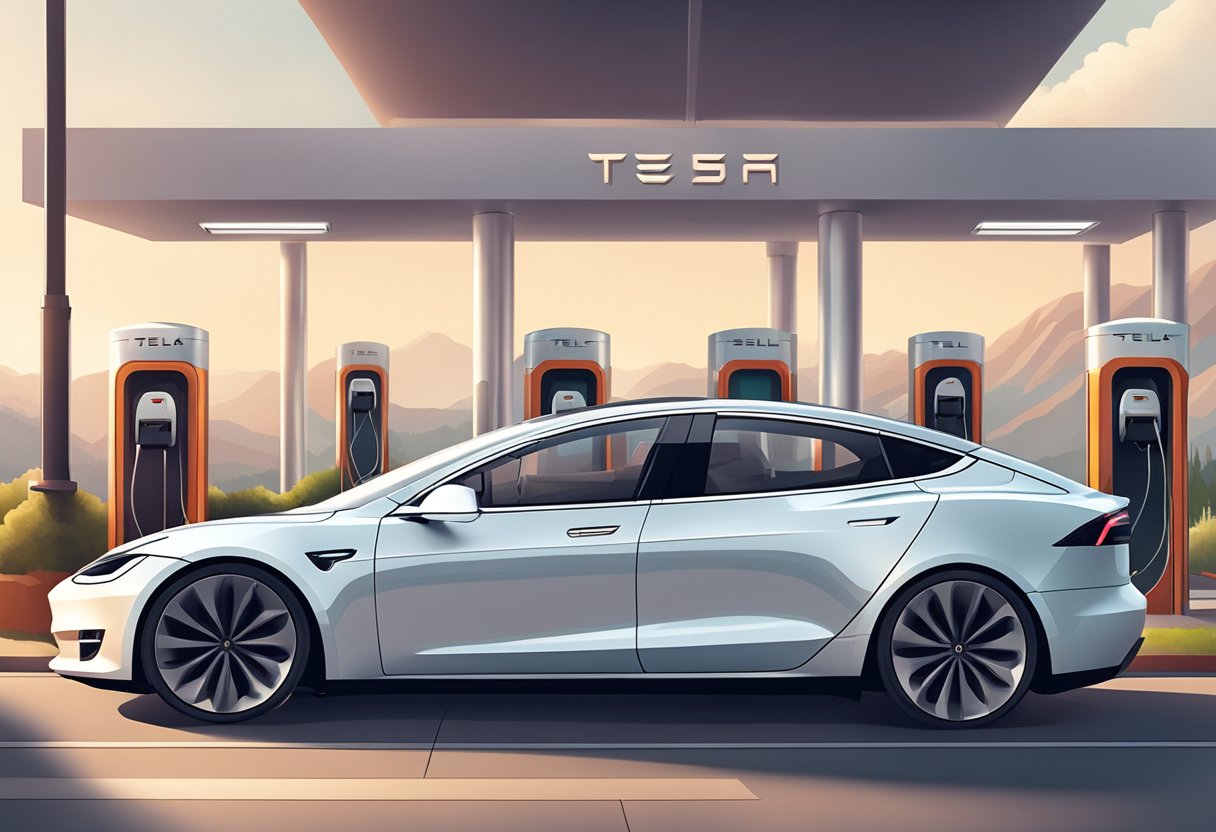Hello!
General Insight
Driving electric vehicles, especially those from Tesla, can significantly reduce fuel costs, making them an attractive option for many consumers. President Biden's administration laid out an ambitious plan to electrify America's roads, targeting 50% of new vehicle sales to be electric by 2030. This initiative includes creating a nationwide network of 500,000 charging stations, enhancing the convenience and feasibility of switching to electric cars.
The potential cost savings are a compelling reason for many to consider EVs. For instance, a Tesla owner calculated spending less than $400 on charging over a year, averaging about $0.023 per mile. In contrast, the average American household spent roughly $2,148 on gasoline in 2021. This figure rose to approximately $2,449 later, accounting for around 3.2% of yearly household expenses.
A noteworthy voice in this conversation comes from a Tesla Model 3 owner who has driven 100,000 miles over five years. Through a dialogue with influencer Suleyman Dolaev on TikTok, he shared his experiences. Charging his Tesla at home rather than using Superchargers considerably contributed to his savings. The impact on his electricity bill was minimal, allowing him to save between $150 and $200 monthly on fuel alone, not accounting for additional savings on maintenance like oil changes.
The benefits of electric vehicles extend beyond just fuel cost savings. Many drivers appreciate the low maintenance and energy efficiency of EVs. The supportive commentary on social media platforms like TikTok reflects a growing community advocating for electric transport. However, it's important to consider the potential expenses, such as battery replacement, that can arise with electric vehicles.
| Benefits of EVs | Considerations |
|---|---|
| Lower fuel costs | Battery replacement costs |
| Reduced maintenance | Upfront purchase cost |
| Environmental benefits | Availability of charging stations |
Electric vehicle owners often emphasize the convenience and economic advantages of charging at home, highlighting another layer of savings and independence from fluctuating gas prices. As EV adoption increases, more people are expected to experience these advantages.
The landscape for EVs is rapidly changing, with technological advancements improving battery life and charging infrastructure. This progress aims to meet varying consumer needs and support sustainable transportation.
Overall, the shift towards electric vehicles represents a notable change in transportation, bringing both economic and environmental benefits. While the initial investment might be higher, the long-term financial and ecological advantages make EVs a viable choice for many households. With government initiatives supporting this transition, the future of transportation appears poised for a substantial shift towards electrification.
Thank you!
Join us on social media!
See you!






